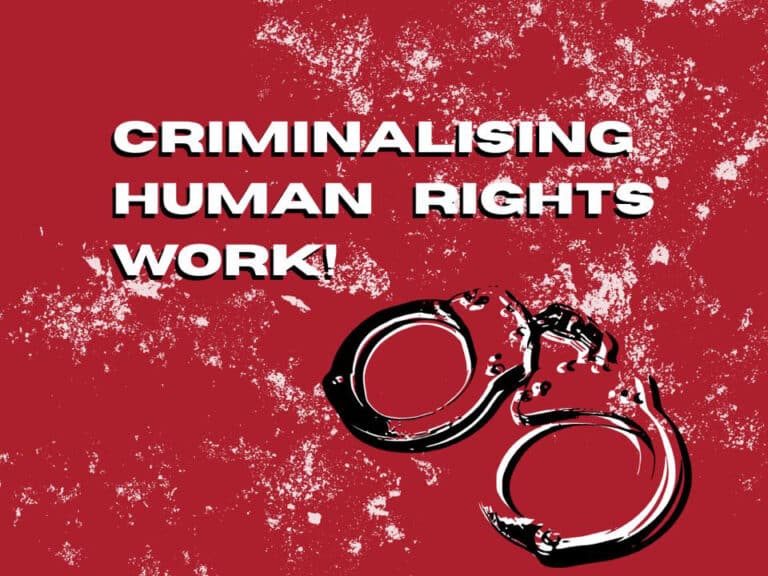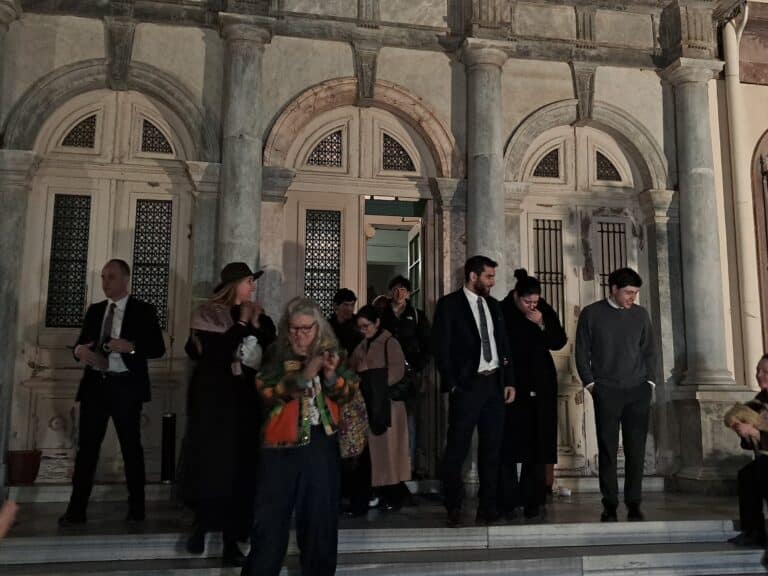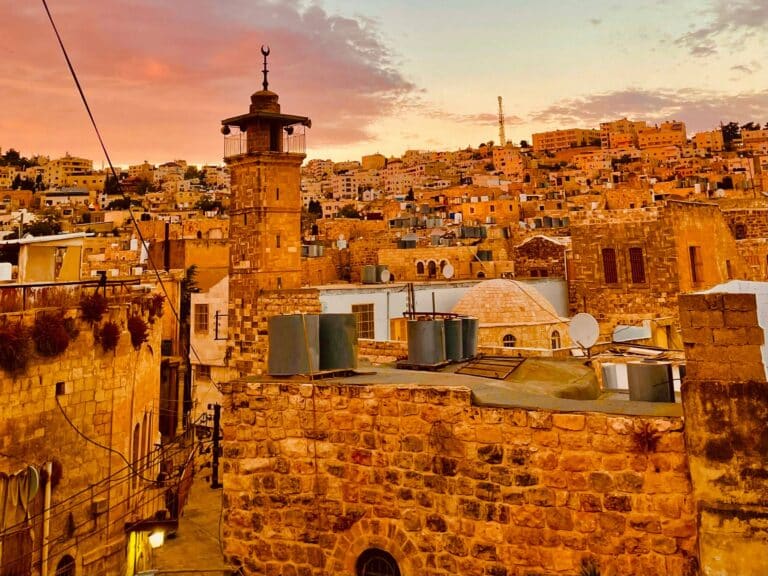by
Sarah MacDonald
November 27 was U.S. Thanksgiving, a day I usually
associate with festive meals and family gatherings. Here in
Barrancabermeja, however, our day unfolded differently.
At midday, two strangers entered a house in our
neighborhood and shot a man as he sat eating lunch. This murder
adds to the wave of assassinations-at least 100 so far this year-in
Barrancabermeja. Because this particular killing occurred just
down the street, the violence feels both shocking and frighteningly
mundane.
In the evening, our team joined a vigil in front of
the murdered man’s house. Neighbors crowded the patio and
spilled into the street. We sang songs, lit candles and
listened to community leaders insist, “Enough! We cannot
tolerate any more assassinations in Barrancabermeja. The death
of one of us diminishes us all.”
A similar spirit pervaded the previous weekend, when
my teammate Gladys and I attended a workshop to help labor union
leaders and their families recover from and resist systemic
anti-union violence. Workshop sponsors-Corpora-tion AVRE, an
organization offering psychosocial and mental health care to victims
of political violence, and the Sisters of St. John the Evangelist, a
religious order devoted to helping workers-requested CPT
accompaniment for security purposes. Violence against union
organizers and members in Colombia has killed forty people in 2008
alone, and over 4000 in the last twenty years. These statistics
illustrate both the need for the workshop and the risks for those
gathering.
Widows and children of assassinated union leaders
were present, as were union leaders worried about their families.
One woman recalled her husband’s murder in 2002 and the challenge
of raising four children on her own: “We don’t miss him less as
time goes by. We miss him more.” Another expressed
anxiety for her adolescent son, who has already lost an uncle and two
other friends to assassinations. This woman, a community leader
and activist, knows well the dangers to herself and her partner, also
a union leader. But the fears and hopes she shared are for her
children. “We can only go on as a family,” she said,
weeping, “in the power of love.”
Other moments that weekend were joyful. Two
actors from a theatrical group, Harlequin and the Jugglers, led
us in playful movement exercises and improvisational songs.
They recited poems, performed a puppet show and organized a costumed,
wake-up serenade on Sunday morning. “Art is an important
means of resisting violence,” they reminded us, as workshop
participants designed posters, acted out skits and created a memorial
to assassinated family members.
Throughout the weekend gathering, prevailing themes
were the strength of family and the gift of gratitude. The warm
family atmosphere embraced even Gladys and me, present as
accompaniers. I appreciated hearing many people express thanks:
for the lives of family members they have lost, for the consolation
they experienced through the workshop, for the hope they feel in
solidarity.
Such was my thanksgiving this year.



